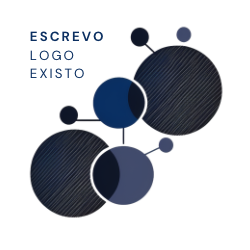As I said in my last post, convergence is a one-way road for journalism and journalists. Learning how to have a transversal approach through different tools is one of the main challenges in relation to communicating efficiently.
However, before talk about tools and those choices I have made in order to find a personal strategy to improve my communication skills, I would like to think over the meaning of communication and information. Without clarification of these two concepts the convergence may become a cacophonous confusion.
During college, many of my teachers tried to convince me about the importance of information. “You have the responsibility to inform, delivering only the facts, showing the both sides, impartially”, they said. But only during my Masters degree I understood that they tried to make me believe in half-truths.
Etymologically, information came from the latin word “informare” (to inform) in the sense of “to give form to the mind”, “to discipline”, “instruct”, or finally, “teach”. The main focus is delivery, transmit their own truth, top down . On the other hand, communication is derived from two Latin words ‘communis’ (noun) and ‘communicare’ (verb) which means commonality and to make common respectively. Communication goes beyond simply sharing information. It is focussed on the effort to make the information common, so as facts can be understandable for either the transmitter or its audience.
These two concepts are key when we aim to be true communicators. Rather to be concentrated on tools, self-assessment is essential challenge whether we have been communicative or not. Only then, we can talk about appropriate channels for delivering information.

